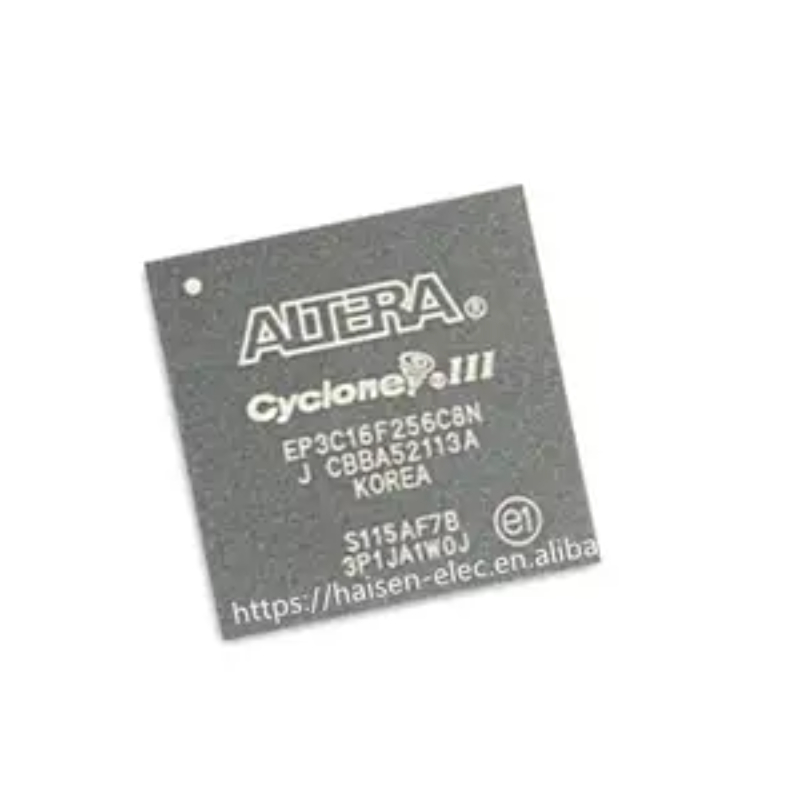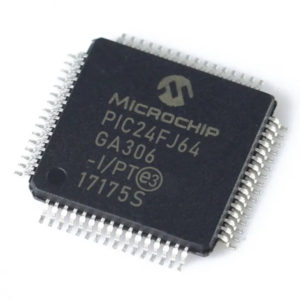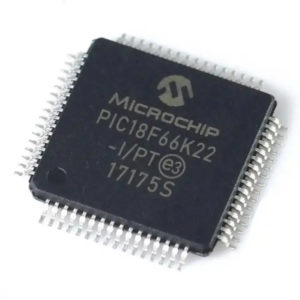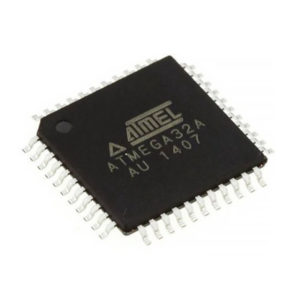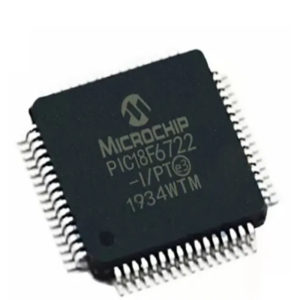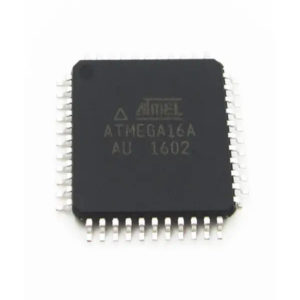EP3C16F256C8N
| Manufacturer | Altera |
| Description | IC FPGA 168 I/O 256FBGA |
| Category | Integrated Circuit |
| Package | BGA-256 |
| Status | New & original |
| Ship From | HK/SHENZHEN |
| Stocks | 10,000 |
Please submit your BOM List or Input the part online
Description
The EP3C16F256C8N is a specific model of FPGA (Field-Programmable Gate Array) from the Cyclone III family, manufactured by Intel (formerly Altera). This FPGA offers 15,408 logic elements and 256 user I/O pins, along with other features such as embedded memory, PLLs, and high-speed transceivers.
Similar to other FPGAs, the EP3C16F256C8N can be used in various applications. Some common applications where this FPGA model can be utilized include:
1. High-Performance Computing: FPGAs are often used in high-performance computing systems for tasks such as algorithm acceleration, data processing, and parallel computing. They offer the ability to implement custom hardware accelerators and can significantly speed up computationally intensive tasks.
2. Digital Communications: FPGAs find application in digital communication systems for tasks such as baseband processing, modulation/demodulation, and protocol implementation. They provide the necessary flexibility and processing power to handle complex communication algorithms and protocols.
3. Video and Image Processing: FPGAs are commonly used in video and image processing applications for tasks such as video encoding/decoding, image enhancement, and real-time video analytics. They offer high parallelism and computational capabilities, making them suitable for real-time multimedia processing.
4. Aerospace and Defense: FPGAs are extensively used in aerospace and defense applications for tasks such as radar signal processing, software-defined radio, and encryption/decryption. They provide the necessary performance, flexibility, and security features required in these critical systems.
5. Automotive Electronics: FPGAs find application in automotive electronics for tasks such as advanced driver assistance systems (ADAS), infotainment systems, and engine control units. They offer the ability to implement complex algorithms, interface with various sensors and actuators, and adapt to changing requirements.
6. Medical Devices: FPGAs are used in medical devices for tasks such as medical imaging, signal processing, and patient monitoring. They offer the required processing power, real-time capabilities, and flexibility to handle the complex requirements of medical applications.



















































